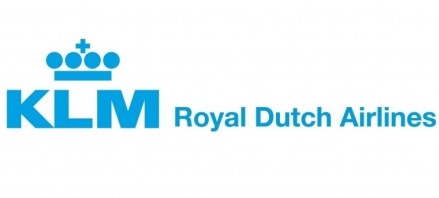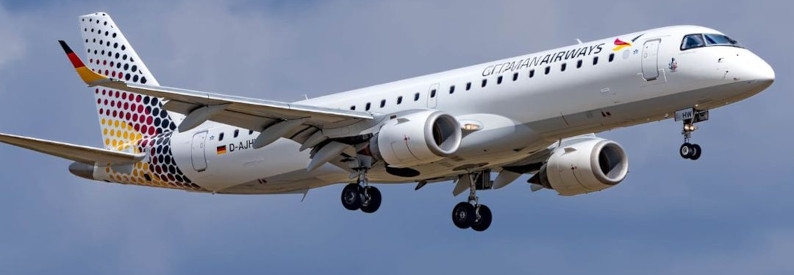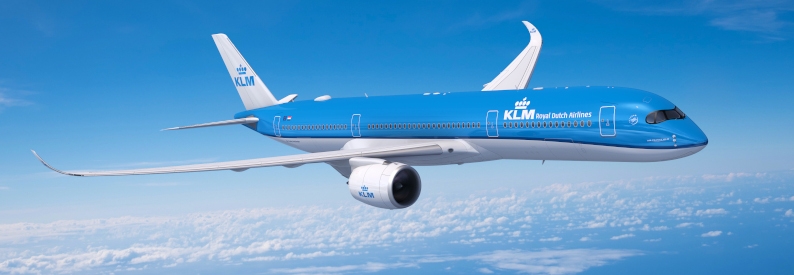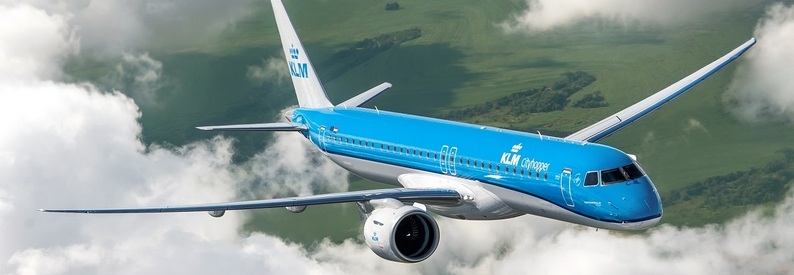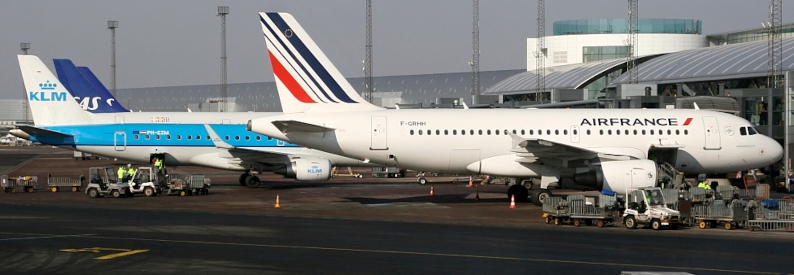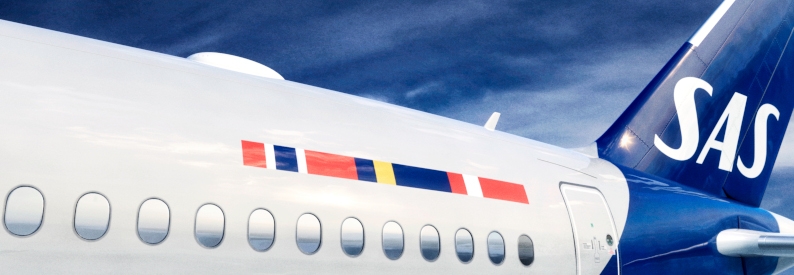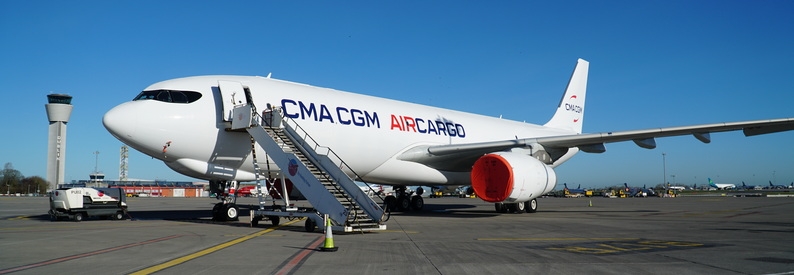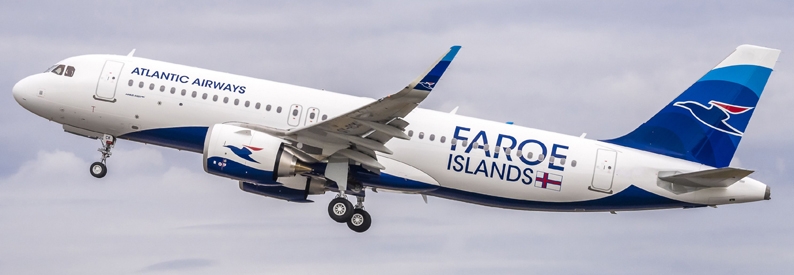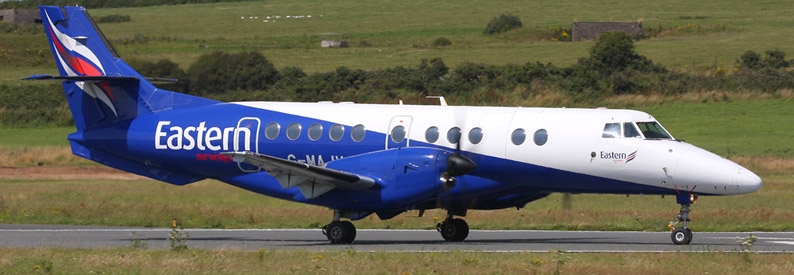A group of airline organisations, including IATA, Airlines for Europe (A4E) and the European Regional Airlines' Association (ERA), has sent a letter to the new Dutch government asking it to abandon plans to impose a new aviation tax.
The tariffs were proposed by the new liberal government in October of this year as part of a greater scheme to introduce a Europe-wide environmental tax that would target "noisy and polluting" aircraft in particular. It is also considering taxing passengers from 2021.
The airline organisations have appealed to the government to keep the tax to an absolute minimum, pointing out that studies show no positive effects of such taxes.
The Netherlands first tried to introduce an aviation tax in 2008, but scrapped it just a year later. According to an Airport Technology report, while the tax netted EUR380 million (USD450 million) for the government, it also led to an 8% drop in traffic at Amsterdam Schiphol as airlines chose to fly from Brussels National or German airports instead.
A PwC study conducted for A4E has shown that abandoning aviation taxes in Europe would have a nearly zero net income effect for the government. Since such a move will help airlines and other industries to grow, revenues from income, value-added and other taxes would nearly fully offset the lost revenue from aviation tax itself. The industry players also argue that it is not necessary to impose further environmental taxes on aviation in Europe as airlines already have to pay for emissions under the Emission Trading Scheme and since 2021 will be covered by the global CORSIA scheme.
If introduced, the tax would affect primarily KLM Royal Dutch Airlines which has over 47% market share by capacity in the Netherlands, according to the ch-aviation capacity module. The airline and the Royal Schiphol Group, operator of airports in Amsterdam, Eindhoven, Rotterdam and Lelystad, are also protesting the new tax idea.
- Type
- Base
- Aircraft
- Destinations
- Routes
- Daily Flights
